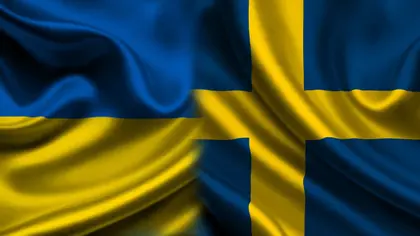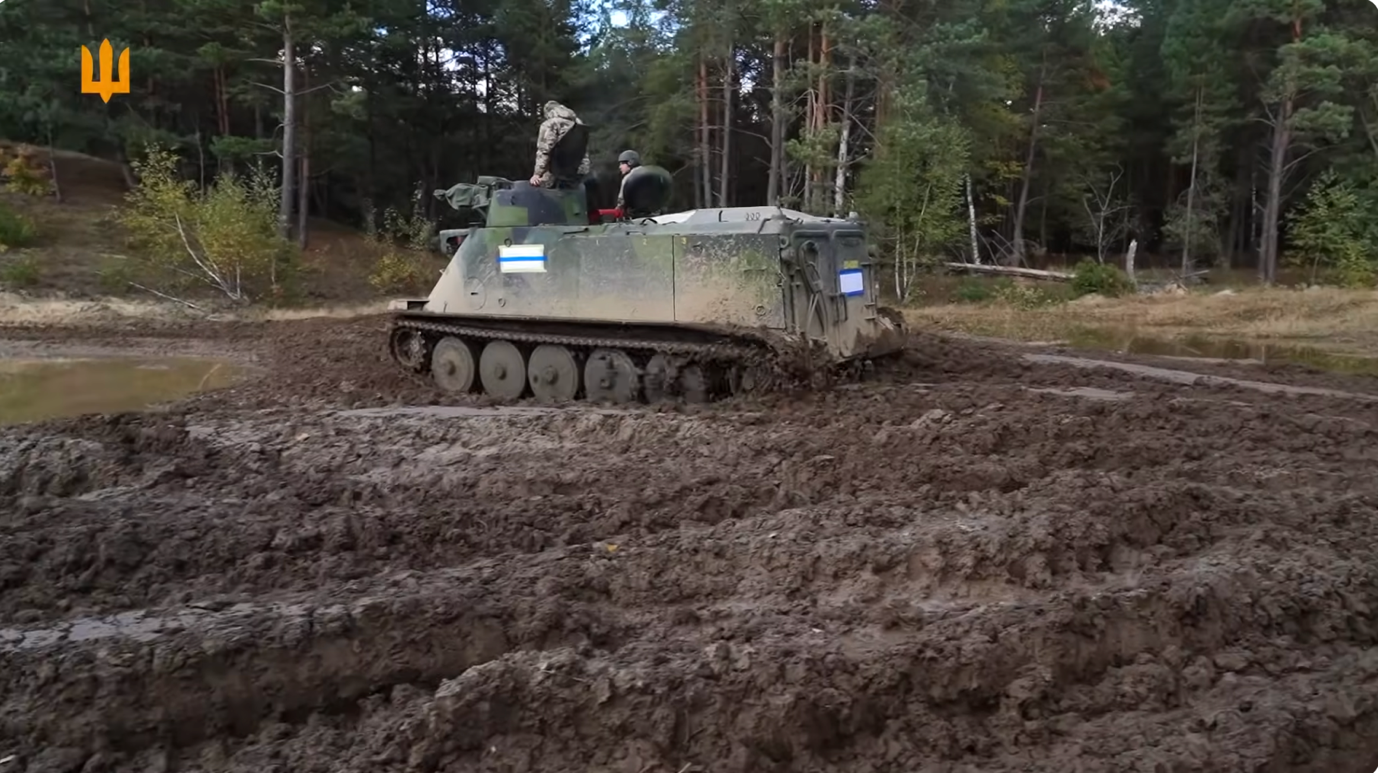When it comes to facing the Russian military threat, Sweden and Ukraine are brothers-in-arms. The two countries are both non-NATO members and are in proximity to Russia, which continues to wage war in an endeavor to reinstate its geopolitical grandeur.
Both countries are likewise mentioned in the recent ultimatums outlined by Russia toward NATO and the U.S. as countries where NATO “shall not expand”, with both Stockholm and Kyiv firmly rejecting this demand.
No appetite for international limelight
Sweden’s historical path partially explains why the country ended up in the geopolitical hot water.
Once a major warrior, — the Ukraine-related history of which goes back to the Viking era, the 17th century alliance against Poland, the 1709 Poltava battle, — it has long since given up on its military ambitions, focusing on its domestic agenda instead.
Unified for most of the key nation-building period, and averse to grand internal feuds held dear in Ukraine, the country has successfully managed to avoid bloodshed for centuries, was last openly at war in 1814, and remained officially neutral during World War I and World War II.
After the USSR’s collapse, Sweden continued to make rare headlines in international affairs. Carl Bildt, who served as the country’s Prime Minister from 1991-1994, was, arguably, the most internationally active of all the post-Cold War Swedish PMs. During his term, the country acceded to the European Union, supported the Baltic states post-Soviet transition, and also joined NATO’s Partnership for Peace.
Yet, unlike Ukraine, which was actively seeking NATO’s membership during the presidency of Viktor Yuschenko (2005-2010) in order to break away from Russia for good, the country never made any official bids. Strong influences of the leftist parties and focus on social welfare are among the key reasons why. The country’s military expenditure has been shrinking progressively for decades, falling from 3.967 GDP in 1963 to 2.454 in 1991. Between 1991-2014, it further plunged to 1.126 as the consensus was that hefty military spending is, by and large, unnecessary in the new world order.
Facing the same threat
Sweden’s security agenda remained effectively low-key with rare exceptions such as Russia’s military intervention in South Ossetia, condemned vocally by Carl Bildt who then served as the country’s Foreign Minister.
The first major shift took place following the 2014 Maidan uprising, the ousting of Viktor Yanukovych, and the outbreak of the Russia-Ukraine conflict.
Gotland, the island located the closest to Russia and that was briefly occupied by it in the early 19th century, became Sweden’s chief concern. The fear was that Moscow would deploy its “green little men” there as it did in Crimea before annexing it.
Then came the “ghost” submarine. In 2014, the Swedish military went on a hunt of what it deemed a Russian midget sub, first noticed in the waters close to the Stockholm archipelago. All in vain.
These episodes received a mixed response from the public and the government. On the one hand, it prompted some actors, predominantly right-wing parties like Moderaterna, to talk about the need to increase its military capacity and potential accession to NATO. On the other hand, there were other matters to deal with such as the 2015 refugee crisis that saw an influx of asylum seekers into Sweden.
Although the country’s military spending did not increase (in fact it kept decreasing until 2017), official Stockholm did take steps that show its Russia-related concern. In 2018, it sent out an explanatory brochure “If There is a Crisis or War” to 4.8 million Swedish households. General alarm sound tests became regular as well.
The current security crisis, however, is, arguably, more of a light earthquake than a simple shift. It is becoming increasingly clear that Sweden understands that Ukraine is just a symptom of the Russian military malady. Indicative of that is the recent podcast by one of the leading newspapers in the country Aftonbladet titled and subtitled “When will Russia Invade?”, “It is not only about Ukraine, but also about Sweden and Finland” respectively.
As a result, following the talks between Russia and the U.S. and Russia and NATO in Geneva and Brussels last week that ended in a lackluster outcome for all parties and Moscow’s latest military movements in the Baltic Sea, Sweden has started to take concrete actions that are similar to those of Ukraine’s.
It has already sent troops to Gotland and set up a Psychological Defense Agency to fight fake news and foreign interference. Some of its experts publicly emphasizing that Russian warfare “is updated to the modern realities and gives the Russian leadership great opportunities to influence the outside world.”
NATO in the Air?
Sweden’s open NATO membership talks, however, are the real deal. Propounded by the current opposition uniting Moderaterna, the Center Party, the Liberal Party, and the Christian Democrats, these discussions have been rekindled by Russia’s 2014 attack on Ukraine and are slowly turning mainstream despite the resistance of its social-democratic government headed by PM Magdalena Andersson.
Yet, the country’s stance might change this fall after the new general election.
Although the Social Democrats are projected to win, their main rivals Moderaterna might have an upper hand especially if they break their vow of not forging a coalition with the contentious Swedish Democrats (SD) — the third-largest party in the country that has been virtually excluded from the country’s policies due to its questionable past and strong anti-immigration stance. The assumption is buttressed by SD leader Jimmie Åkesson’s recent change of heart regarding Sweden’s membership in the Alliance. He is now in favor of aligning the Swedish defense policy with the “NATO option” stance.
Although Sweden’s chances to accede to NATO are higher than Ukraine’s for an array of factors, the chances that the accession will happen overnight, — even if the new Swedish government opts for a full-fledged membership instead of an option, — are slim.
This leaves Sweden and Ukraine in the same geopolitical boat of uncertainty as Russia continues to explore its options in an increasingly hostile global environment.
Ms. Lesia Dubenko is a Ukrainian political scientist and analyst. A graduate of Lund University (MSc in European Affairs), she covers issues relating to international affairs, migration, and disinformation.
You can also highlight the text and press Ctrl + Enter



